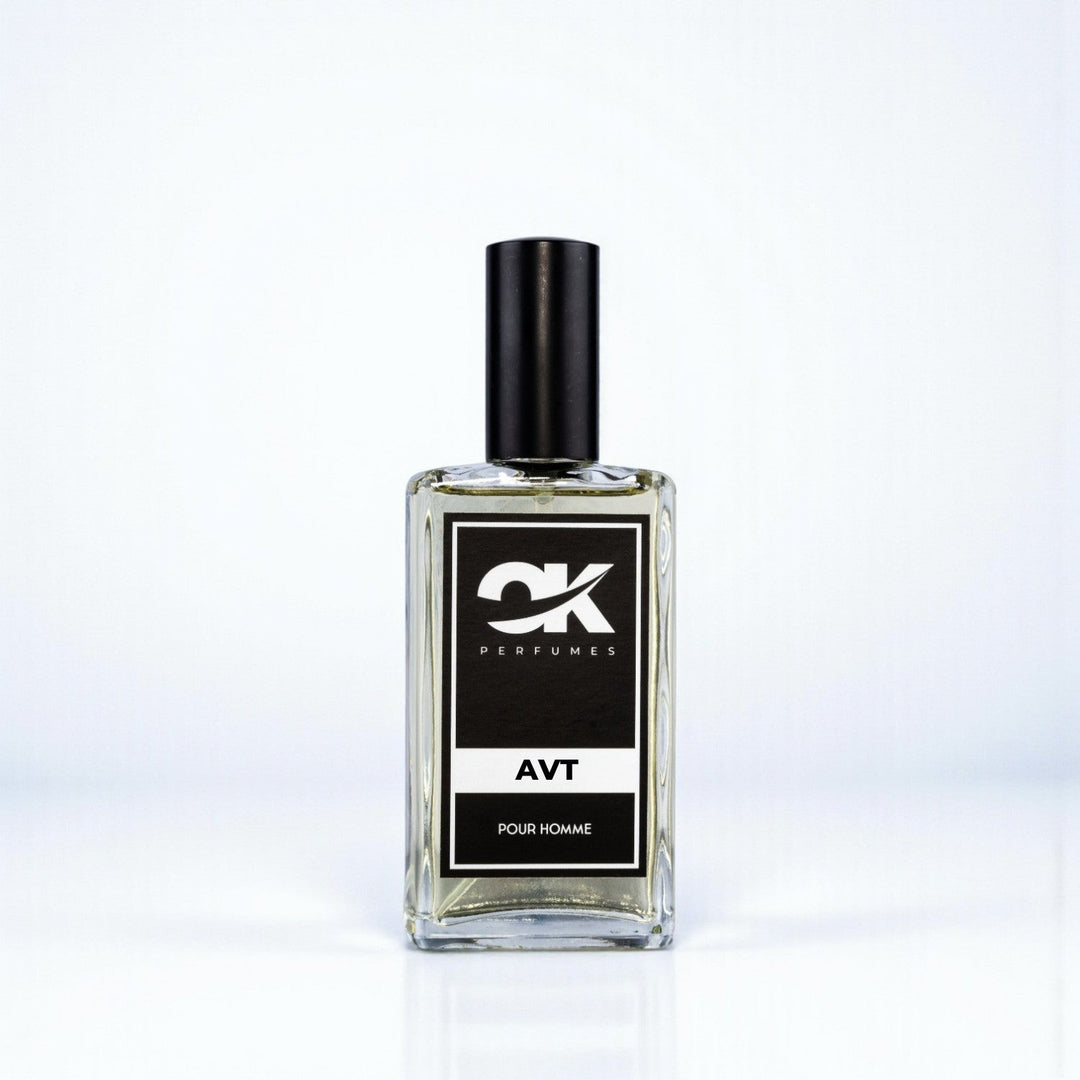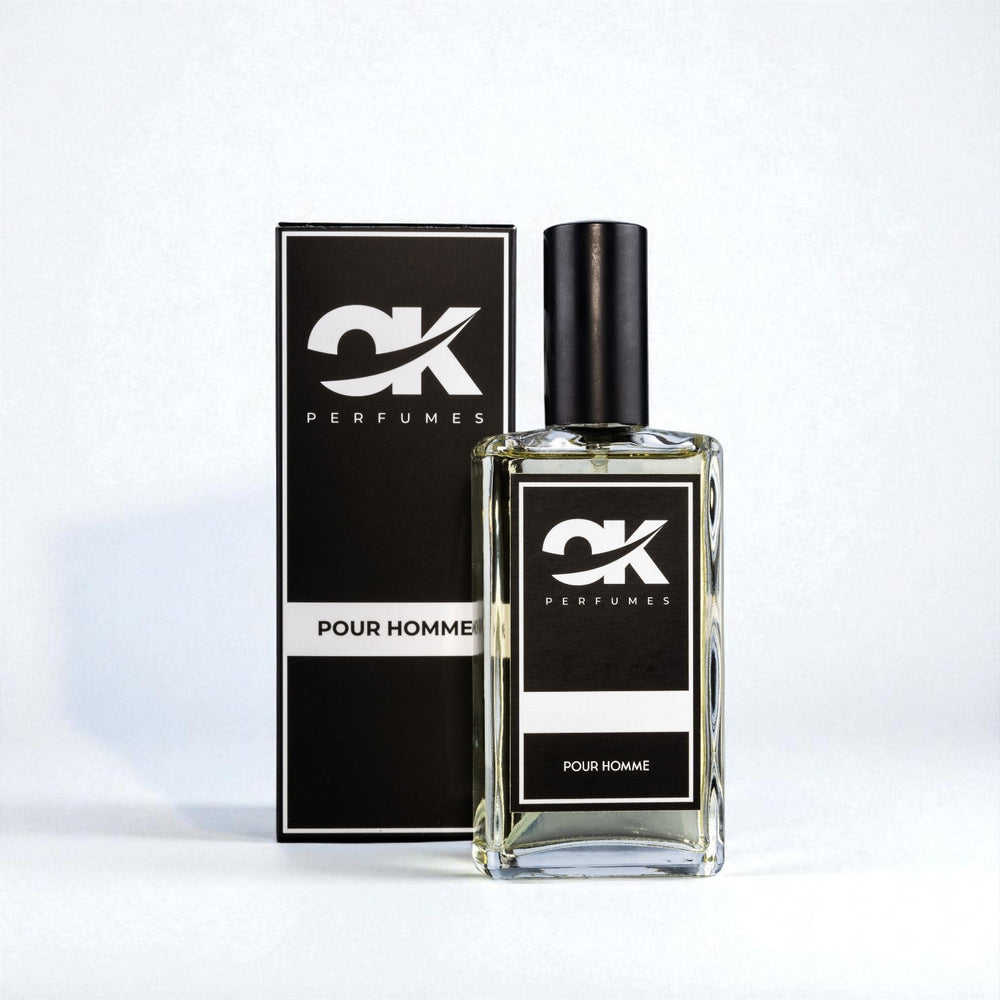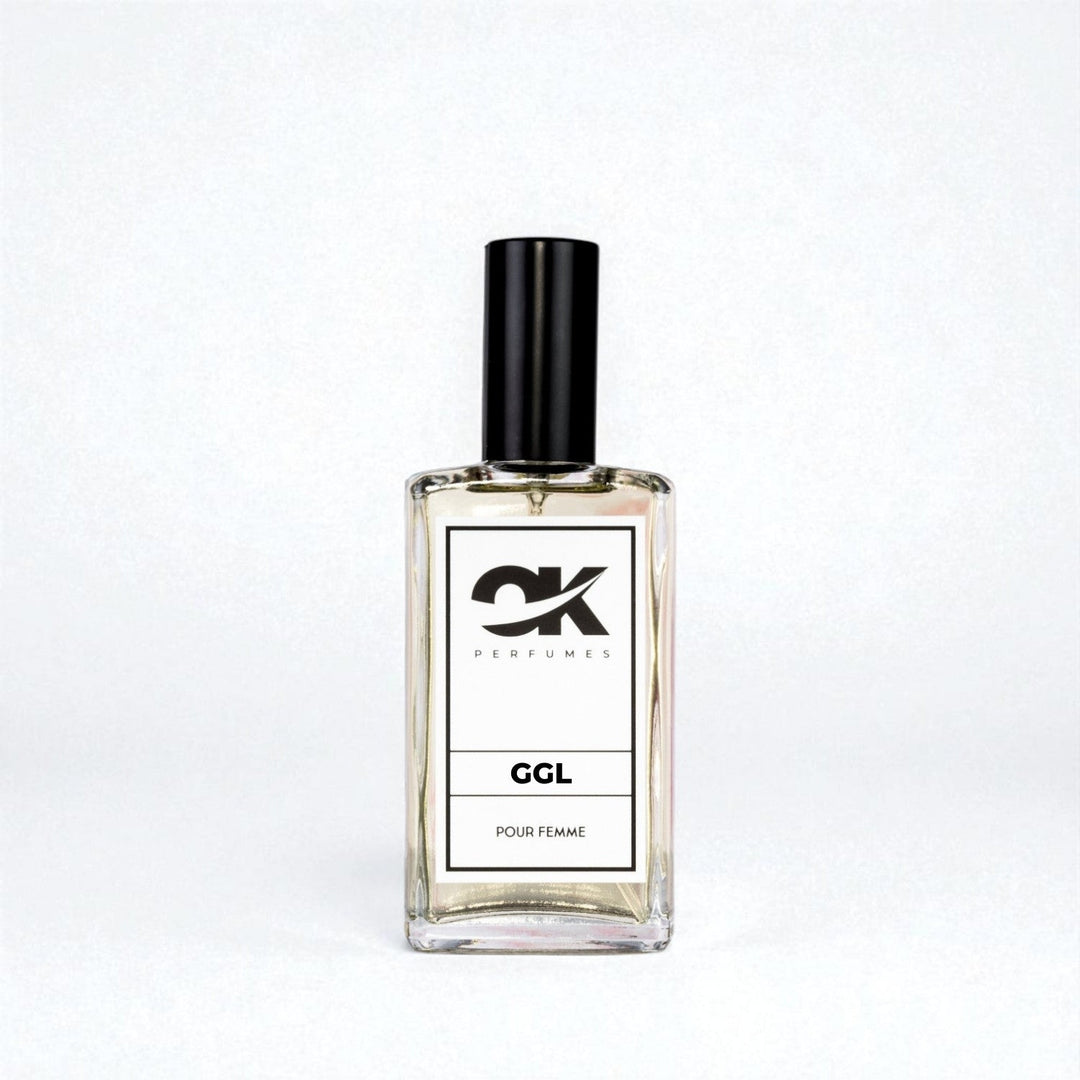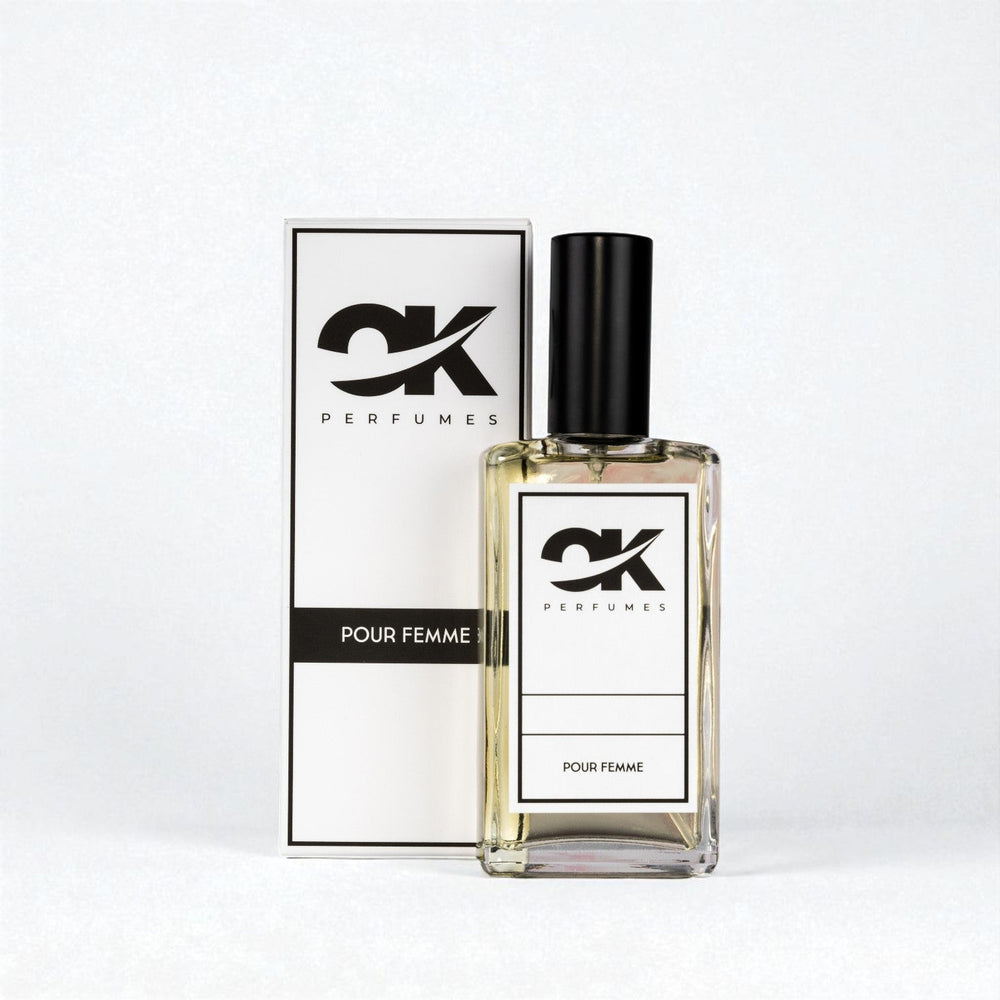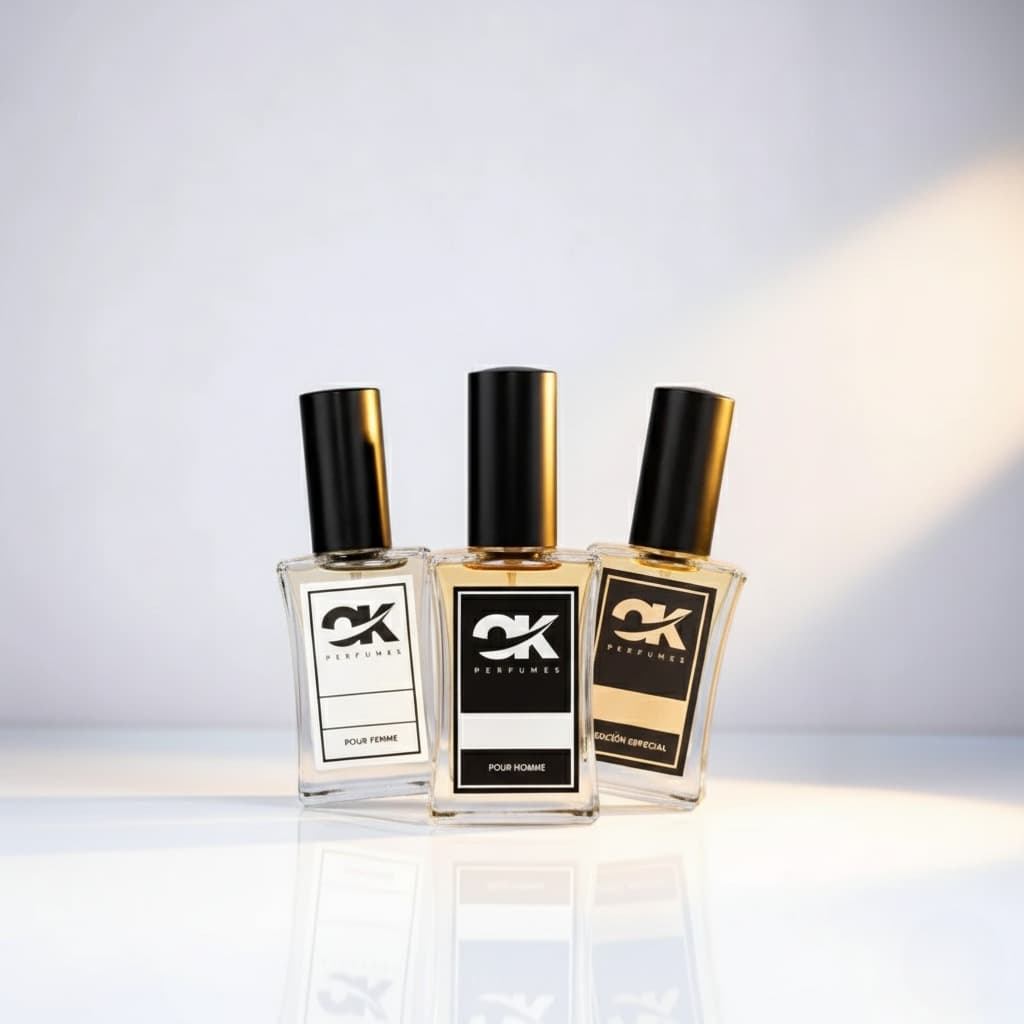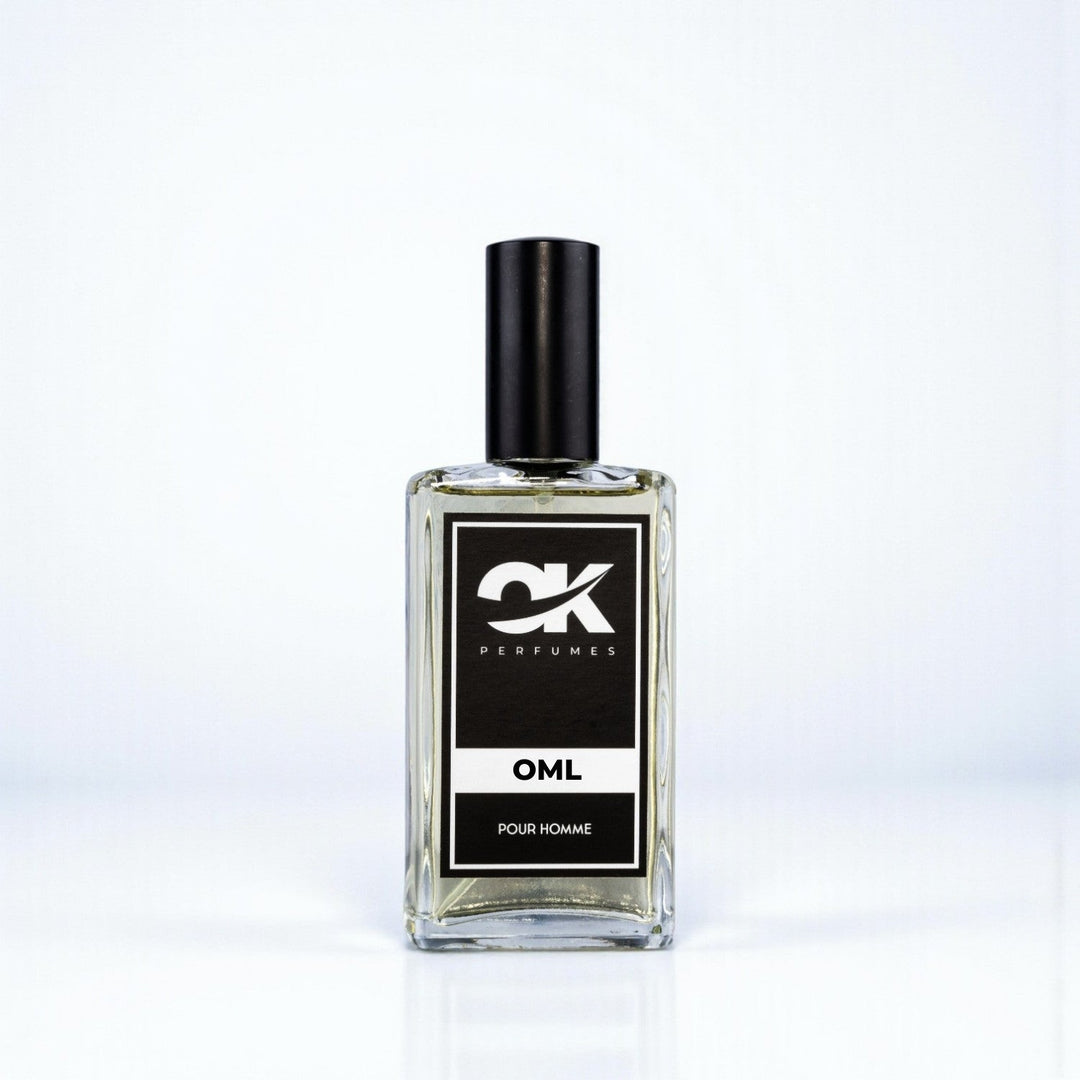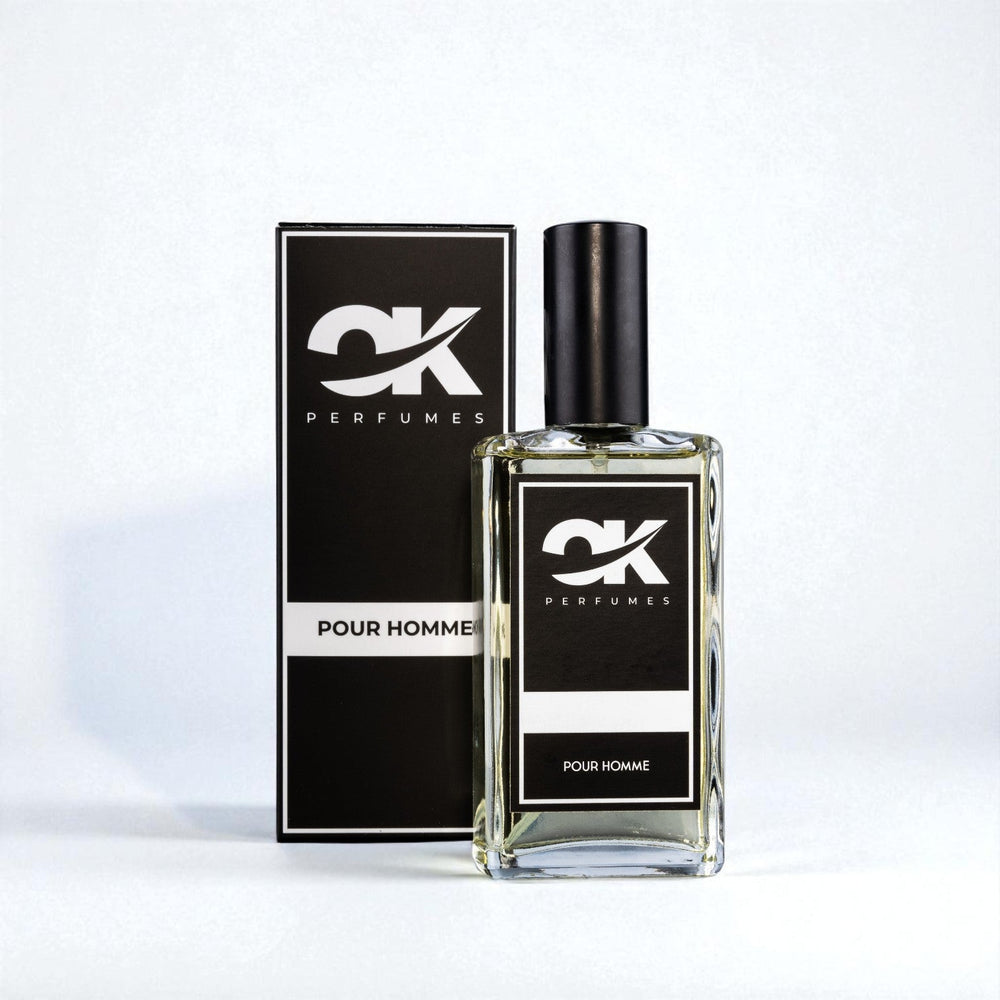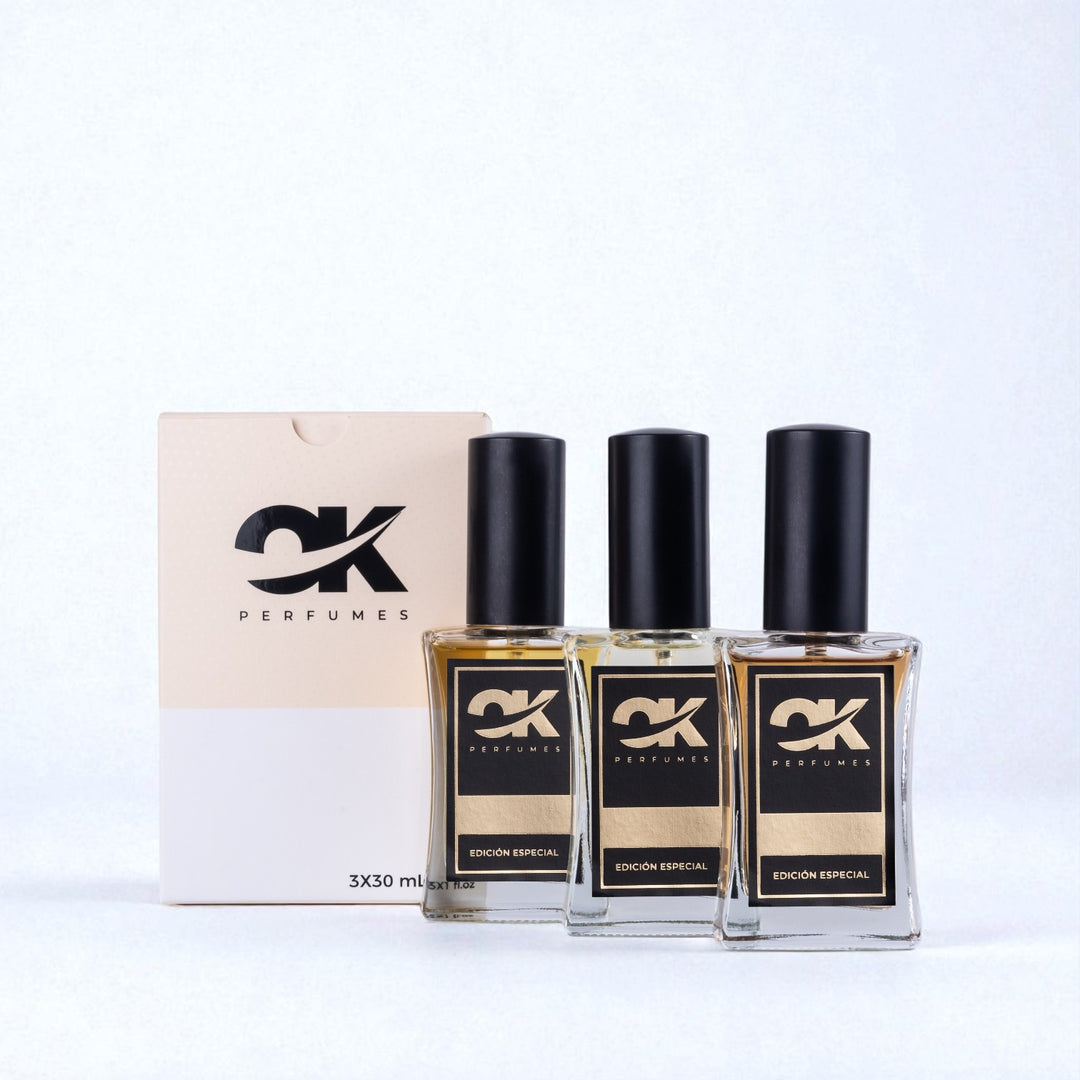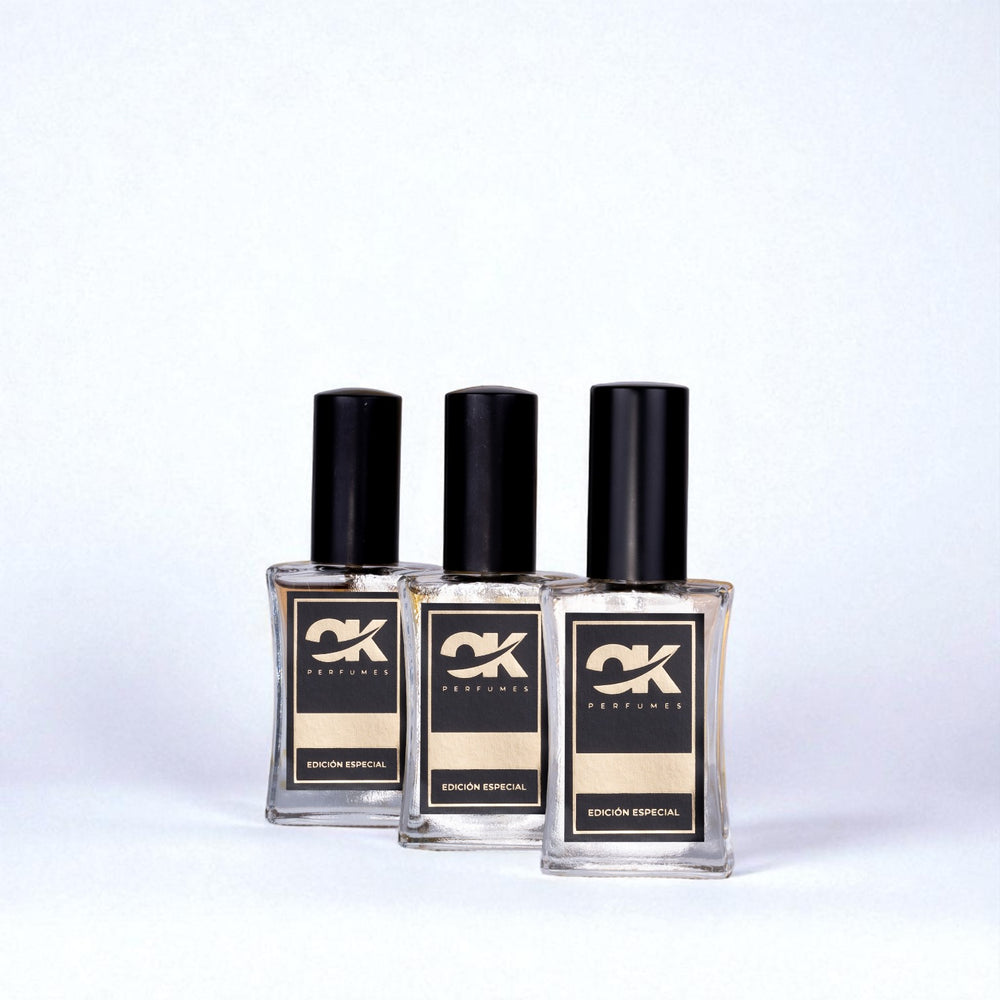Discover the Art of Making Homemade Perfume: A Step-by-Step Guide
Frequently Asked Questions
1. Why should I make my own homemade perfume?
2. What ingredients do I need to make a homemade perfume?
3. What are the steps to make homemade perfume?
4. How long should homemade perfume mature?
5. What are the differences between homemade perfume and commercial perfume?
Making your own homemade perfume is a fun and creative way to express your personality. Not only can you customize the fragrances to your liking, but you can also save money compared to the price of commercial perfumes, such as MCL perfume . In this article, we'll guide you through a simple and clear process so you can create your own irresistible fragrances.
Why Make Homemade Perfume?
There are numerous reasons why making perfume at home is a great idea. Here are a few:
- Personalization: You can choose and combine the aromas you like the most.
- Savings: The cost of ingredients is generally lower than the price of a commercial perfume.
- No Harmful Chemicals: You can avoid the chemicals often found in commercial perfumes.
- A great gift: A homemade perfume can be a unique and personal gift for your loved ones.
Ingredients Needed for Your Homemade Perfume
Before you begin, make sure you have the following ingredients and materials on hand:
- Essential Oils: These are the soul of your perfume. You can choose a variety you like, such as lavender, rose, or citrus.
- Alcohol: Choose a high-proof alcohol, such as vodka, which will serve as the base for the perfume.
- Distilled or Floral Waters: These can be used to dilute the perfume.
- Glycerin: This ingredient will help set the fragrance and make it last longer.
- Jars: You will need dark glass jars to protect your creations from light.
Steps to Make Your Homemade Perfume
1. Choose Your Base Fragrance
The first step in creating your perfume is to select a base fragrance. You can choose from woody essential oils, such as sandalwood or cedar, or floral fragrances like jasmine or rose. This base will be the backbone of your perfume.
2. Select the Middle and Base Notes
A good perfume is made up of several notes:
- Middle Notes: These are the body of the perfume and are usually softer. Examples include rose, lavender, or geranium.
- Base Notes: These notes provide depth and longevity to the fragrance. Common choices are vanilla, amber, or moss.
A good rule of thumb is to use one-third base notes, one-third heart notes, and one-third top notes (the ones you'll notice right away).
3. Measure and Mix the Ingredients
Now that you've selected your essential oils, it's time to measure and mix. Here's a basic recipe:
- 30 ml of alcohol (vodka or pure alcohol)
- 10 ml of essential oils (choosing different combinations)
- 5 ml of distilled or flower water
- A teaspoon of glycerin
Mix all of these ingredients in a dark glass jar. Close the jar and shake gently to combine all the ingredients.
4. Maturation Time
For the fragrances to blend and mature, it's recommended to let the mixture sit for at least 48 hours, although ideally, a week or more is recommended. This will allow the aromas to merge and develop properly.
5. Test and Adjust
After the maturation period, it's time to test your perfume. If you feel it's lacking something, you can add a little more of an essential oil. If it's too concentrated, you can add a little more water or alcohol to adjust the intensity.
Tips for Making Homemade Perfume
In addition to following the steps above, here are some helpful tips to help you in your perfume creation process:
- Use quality ingredients: Invest in good essential oils. This will make a big difference in the final scent.
- Write down your recipes: Keep track of the quantities you used so you can easily replicate or adjust your perfume in the future.
- Be patient: Sometimes the best fragrance is the one that is left to mature the longest.
- Avoid sunlight: Store your perfumes in a dark place to preserve their fragrances and properties.
The Differences Between Homemade Perfume and MCL Perfume
When you decide to make your own perfume, you're moving away from commercial fragrances like MCL perfume . There are several ways they differ:
- Personalization: Unlike MCL perfume , homemade perfume reflects your style and preferences.
- Ingredients: Homemade perfume contains no chemicals or artificial additives.
- Price: Making your own perfume allows you to control the price of each component, which can result in considerable savings.
Inspiration for your Creations
To help inspire you, here are some fragrance combinations you might want to try:
- Fresh Citrus: Lemon, orange and mint.
- Floral Garden: Rose, jasmine and lavender.
- Warm Oriental: Vanilla, sandalwood and cinnamon.
Share Your Creations
Making your own perfume is not only fun, but it's also a process that encourages creativity and personal expression. Don't hesitate to share your creations with friends and family, and even consider exchanging perfumes with them.
It's Time to Create Your Own Homemade Perfume!
You're now ready to venture into the wonderful world of homemade fragrances. Remember, practice makes perfect, so don't hesitate to experiment until you find your perfect blend. With time and dedication, you can create perfumes as unique as your personality. Let the olfactory fun begin!




